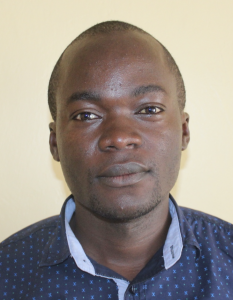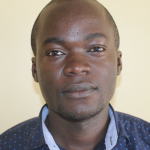For a long time, Mungavo Primary School has faced many challenges concerning access to clean and safe water for its 1,002 students and 26 staff members. Students currently collect surface water or rely on collected rainwater to try and meet the daily water demands for drinking, cleaning, and cooking at the school, but it is never enough.
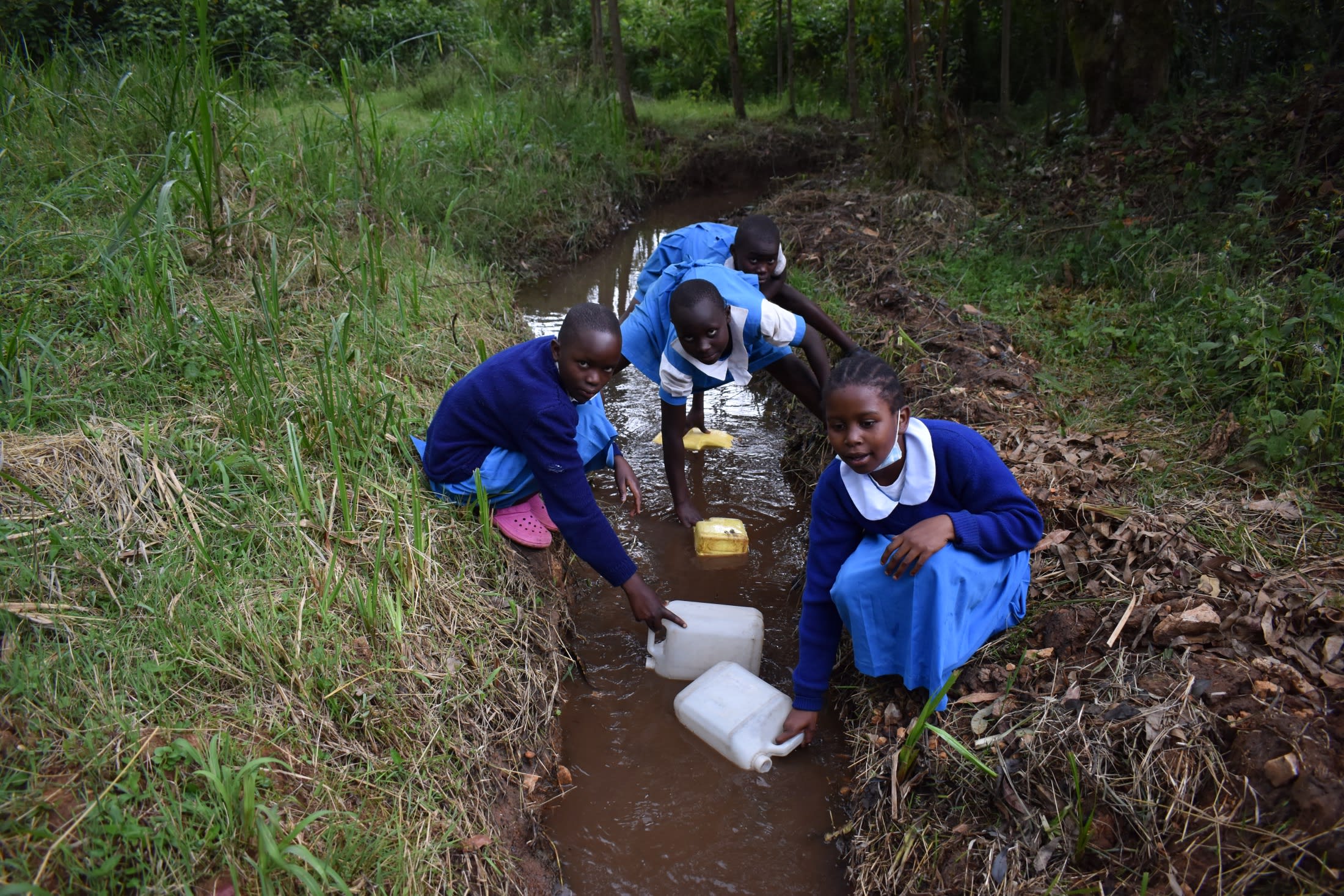
The surface water students collect is open to all types of contamination, especially during the rainy season when the rainwater collects waste products from the surrounding area. Diseases such as typhoid and cholera, and sore throats are common for students and staff due to drinking the unsafe water. The hygiene standards of the school also suffer since manual cleaning can not be done daily, leading to further disease transmission.
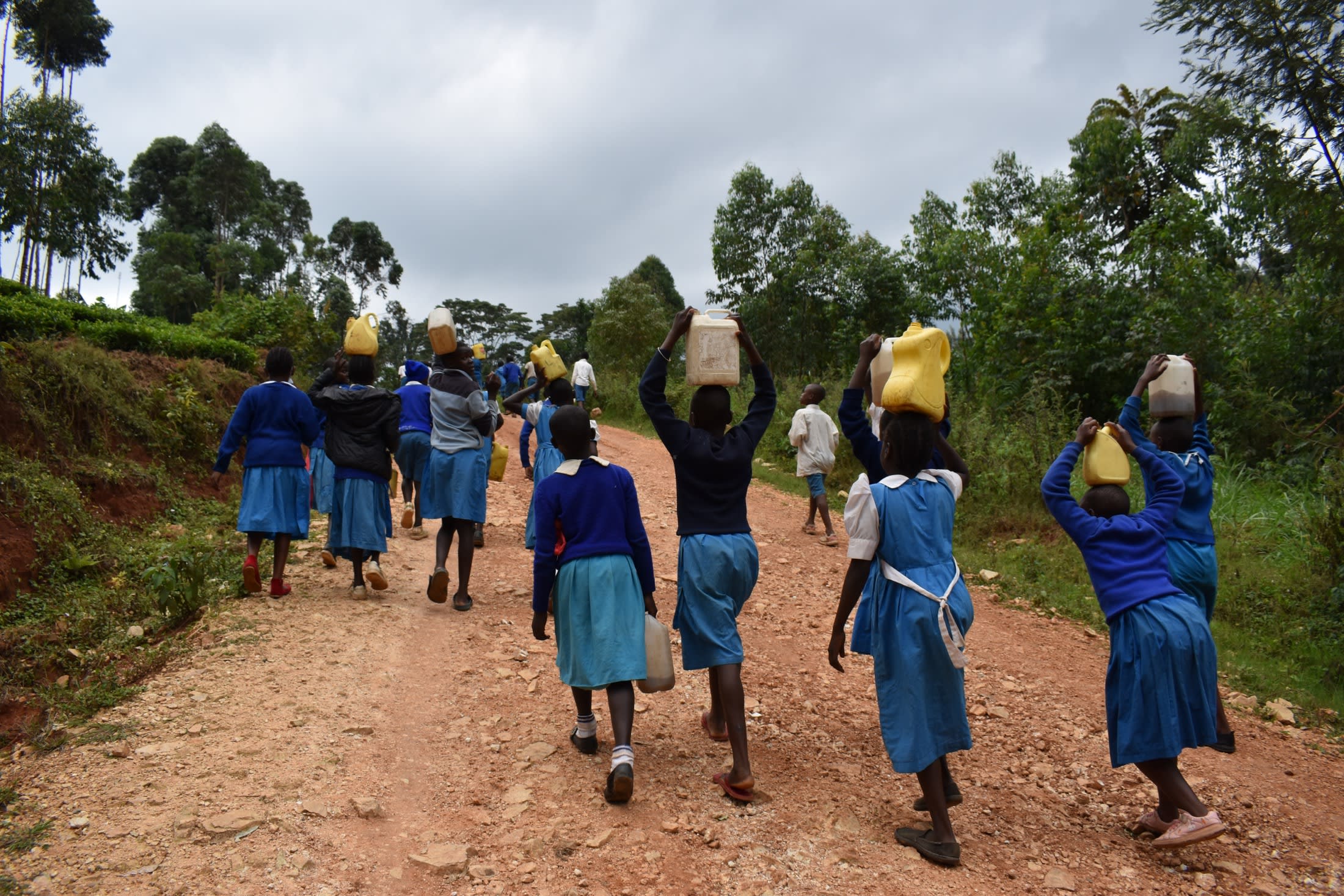
"As a pupil of this school, I experienced challenges due to lack of enough clean water. i.e., time-wasting looking for water hence skipping some lessons, sickness due to unclean water which contributes to absenteeism and poor performance, and manual cleaning not done on daily basis," said Sydney K., a student.
Daily, pupils spend too much time looking for water contributing to absenteeism amongst them and not enough time spent covering the planned learning materials. This contributes to the school's poor academic performance and minimizes the amount of learning students can accomplish, causing them to fall behind.
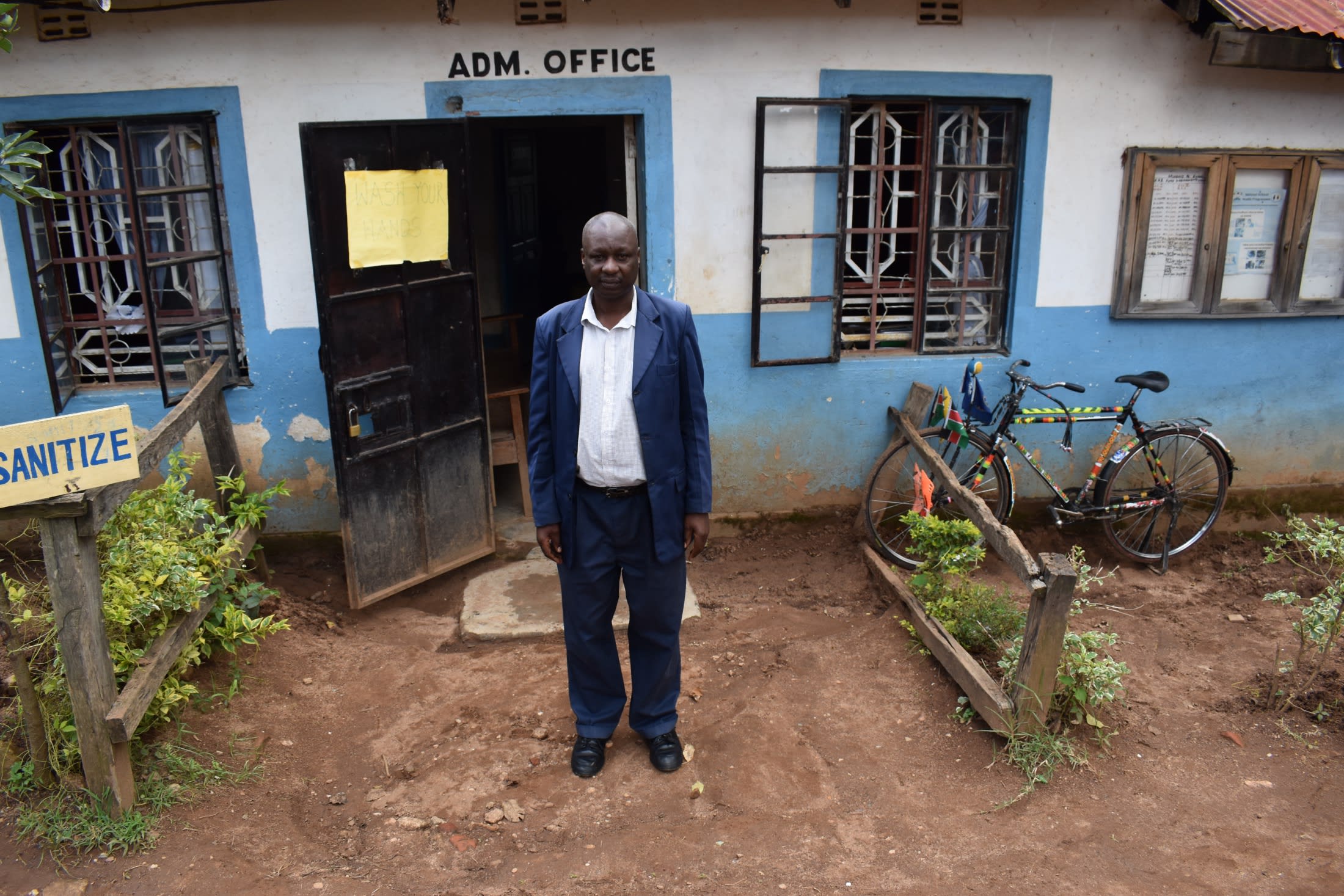
Head teacher John Baraza noted, "The entire school has faced challenges since past which have affected the performance of the pupils. Teachers [do] not get enough time to teach as most pupils spend time looking for water which is not enough for [the] entire population and the distance. Our school standards are poor with sickness being the great enemy [lack of and dirty water] amongst our pupils."
There is a lack of development programs at the school since any extra money families have is spent on medication to treat illnesses, contributing to poverty amongst families in the community.
Once this school has a well of its own, the time and energy students currently waste searching for water can improve their academic performance leading to bright futures.
What We Can Do:
New Well
We conducted a hydrogeological survey at this school and the results indicated the water table beneath it is an ideal candidate for a borehole well. Due to a borehole well's unique ability to tap into a safe, year-round water column, it will be poised to serve all of the water needs for this school's large population, even through the dry months.
The school will help collect the needed construction materials such as sand, rocks, and water for mixing cement. They will also provide housing and meals for the work team, in addition to providing local laborers. We will complement their materials by providing an expert team of artisans and drilling professionals, tools, hardware, and the hand-pump. Once finished, water from the well will then be used by the school's students and staff for drinking, handwashing, cooking, cleaning, and much more.
Handwashing Stations
There is currently nowhere for students to wash their hands after using the latrines or before eating lunch, let alone the water to do so.
The student health club will oversee the two new handwashing stations we will provide, and make sure they are kept clean and in working condition. The club leaders will fill the handwashing stations with water daily and make sure they are always supplied with a cleaning agent such as soap or ash.
VIP Latrines
We will construct two triple-door latrine blocks using local materials that the school will help gather. Three doors will serve the girls and three doors will serve the boys. All of these new latrines will have cement floors that are designed to be easy to use and to clean. And with a borehole right on school property, there should be enough water to keep them clean.
Training on Health, Hygiene, COVID-19, and More
We will hold a one-day intensive training session with students, teachers, and parents. This training will cover a wide range of topics including COVID-19 symptoms, transmission routes, and prevention; personal and environmental hygiene; and the operation and maintenance of the borehole, latrines, and handwashing stations. There will be a special emphasis on handwashing.
Our team of facilitators will use a variety of methods to train, including participatory hygiene and sanitation transformation, and asset-based community development. We will initiate a student health club, which will prepare students to lead other pupils into healthy habits at school and at home. We will also lead lectures, group discussions, and provide illustrative handouts to teach health topics and ways to promote good hygiene practices within the school including handwashing and water treatment. We will then conduct a series of follow-up trainings before transitioning to our regularly scheduled support visits throughout the year.
We and the school strongly believe that all of these components will work together to improve standards at this school, which will help lead to better student academic performance and will help unlock the opportunity for these students to live better, healthier lives.

 Borehole Well and Hand Pump
Borehole Well and Hand Pump
 Rehabilitation Project
Rehabilitation Project












